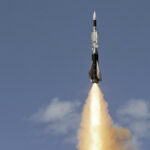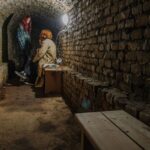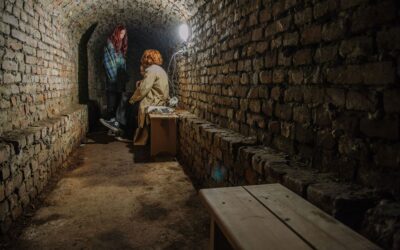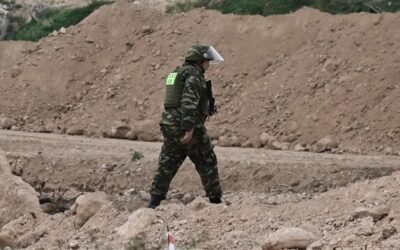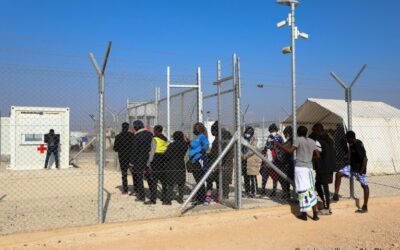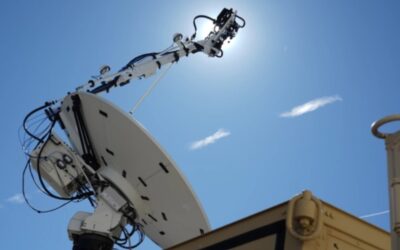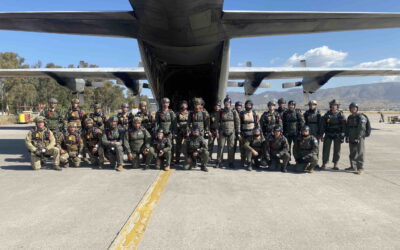SECURITY
SECURITY
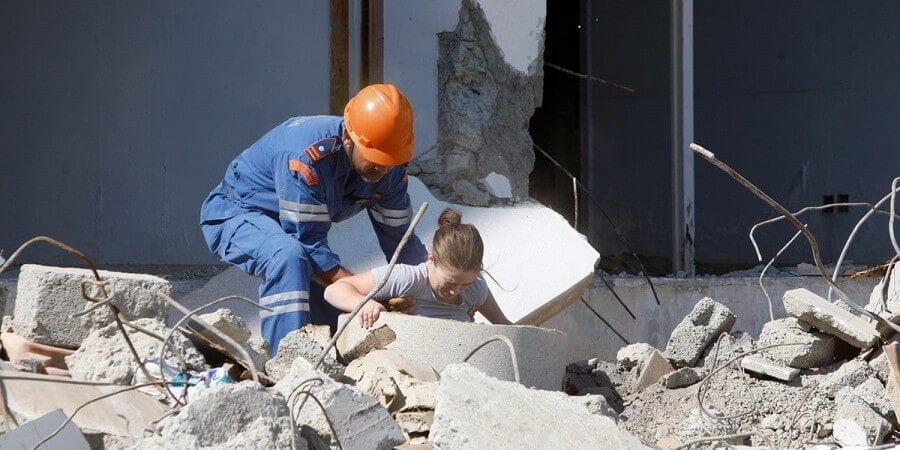
BEFORE THE EARTHQUAKE
At home / office / school:
- Properly attach shelves and bookshelves to the walls.
- Do not place refrigerators and tall furniture in places where they may move and block potential exits.
- Place large and heavy objects as well as anything that can easily fall or break at a low spot.
- Remove heavy objects over beds and sofas.
- Secure lamps and ceiling fans.
- Mark the most secure places at home, at school, at your workplace to resort to them in case of an earthquake:
- under resistant tables, desks, or benches
- away from glass surfaces and libraries
- away from exterior walls
- Check proper operation of the electricity and gas supply network.
- Inform your family members/office staff about how the main switches on electricity, water, and gas are off.
- Get a first aid kit.
- Place a fire extinguisher in an accessible place and practise using it.
Τι πρέπει να γνωρίζουμε για τον σεισμό ⬇️ pic.twitter.com/jz1lGnonuJ
— Olivia Michaelidou (@CivilDefenceCYP) September 28, 2021
Also read: European Commission | Equipment Procurement Program for Civil Protection
DURING THE EARTHQUAKE
If you are indoors:
- Stay calm. Do not panic.
- Cover yourself under a sturdy piece of furniture (table or desk).
- If there is no such furniture, kneel in the middle of the room, reducing your height as much as possible and protect your head and neck using your hands.
- Avoid large glass surfaces (windows, glass partitions) or furniture and objects that may injure you.
- Do not try to leave the house.
- Do not go out on the balcony.
If you are in a tall building:
- Move away from windows and exterior walls.
- Do not use the elevator to escape. There is a risk of falling or getting stuck in it due to power cuts or distortion in its drivers.
- Do not stand near open windows, on balconies, or on terrace edges. You can fall into the void.
If you are in an entertainment venue, mall, or department store:
- Stay in the area until the vibration stops.
- Do not get carried away by the panicked crowd that moves erratically towards the exits, because you risk being trampled.
If you are outdoors:
- Avoid standing near buildings, rocks, electric poles, or objects that may fall and injure you.
- If you have a bag or briefcase with you, cover your head with them.
- Get away from the shores. After a strong earthquake, high waves may be created that may swiftly sweep the shores.
If you are in the car:
- Park as fast and carefully as you can away from high-rise buildings, piles of rocks.
- Avoid passing through tunnels, bridges, or overpasses.
AFTER THE EARTHQUAKE
- Immediately help protect children, but also the disabled, the sick, or the elderly.
- If a fire breaks out somewhere, put it out before it gets bigger.
- Do not touch power cords or objects that touch cables. You are at risk of electric shock.
- If you are trapped somewhere and you cannot escape, try in every way to give signs of life, so that rescue teams can locate you.
- Do not attempt to move a seriously injured person unless their life is in immediate danger.
- Do not enter damaged buildings until the competent authorities have assured you that it is safe to do so.
- Do not use the phone unless needed. Blocking telephone lines prevents the coordination of the actions of the competent Services and the mission dealing with the effects of the earthquake.
- Respond to calls for help, but do not move around unnecessarily, so that rescue teams can move around unhindered.
Source: Civil Defence
Also read: European Commission | Modernization Program on Civil Protection Equipment
NEWSLETTER SUBSCRIPTION
Latvia | Citizens are asked to turn basements into air raid shelters
Latvian authorities have called on citizens to turn their basements into air raid shelters, causing concern.
Elliniko | 314 bombs buried at former airport
Over 300 bombs from the Second World War have been found at the old airport of Athens in Elliniko. The news about the said…
Cyprus | Assessment of asylum applications suspended for Syrians
The Ministry of Interior of Cyprus announced the suspension of the assessment of asylum applications for Syrians, because of pending…
Russia | Cluster bombs hit residential area in Odessa
Images from Russia’s strike in the heart of Odessa, which hit the so-called “Harry Potter Castle”, a former politician’s mansion now…
France | Industries prioritize orders of anti-aircraft missiles
The Armed Forces Ministry of France has instructed industries involved in the production of Aster anti-aircraft and anti-ballistic…
Ecuador | Appeals to International Court of Justice denouncing Mexico
Ecuadorian police stormed the Mexican embassy hours after the Mexican government granted former Vice President…
Remote Modular Terminal | The US Space Force’s new weapon system
The US Space Force has unveiled its new Remote Modular Terminal (RMT) weapon system. The system has completed its…
Latvia | Citizens are asked to turn basements into air raid shelters
Latvian authorities have called on citizens to turn their basements into air raid shelters, causing concern.
HNDGS | Greece – USA bilateral exercise “STOLEN CERBERUS XI” – Photos
From Monday 15 to Friday 26 April 2024, the bilateral exercise “STOLEN CERBERUS XI” took place under the coordination…






